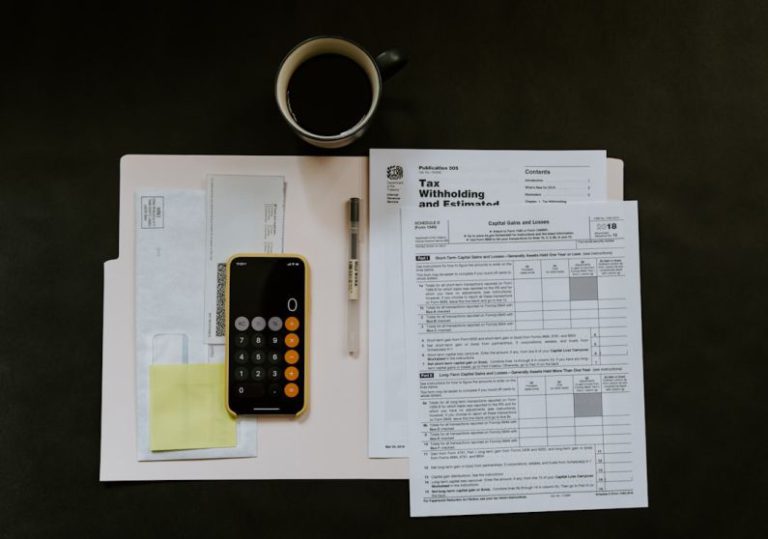
Property tax exemptions are a valuable tool for homeowners and businesses to potentially reduce the amount of tax they owe on their property. These exemptions can provide significant savings and are offered by local governments to certain qualifying property owners. Understanding what property tax exemptions are and how they work can help individuals take advantage of these opportunities to save money on their tax bills.
Qualifying for Property Tax Exemptions
Property tax exemptions are typically offered to specific groups of property owners who meet certain criteria set by the local government. Common categories of individuals who may qualify for property tax exemptions include senior citizens, veterans, people with disabilities, and low-income homeowners. Each exemption has its own set of requirements and eligibility criteria that must be met in order to receive the tax break.
Senior Citizens Exemptions
One of the most common types of property tax exemptions is for senior citizens. Many local governments offer exemptions to elderly homeowners to help them afford to stay in their homes as they age. These exemptions often have age requirements, such as being 65 years or older, and may also have income restrictions. Senior citizens who qualify for these exemptions can enjoy significant savings on their property tax bills, making it easier for them to remain in their homes during retirement.
Veterans Exemptions
Another important category of property tax exemptions is for veterans. Many local governments offer exemptions to military veterans as a way to show appreciation for their service to the country. Veterans who meet certain criteria, such as having served during a specific time period or being disabled as a result of their service, may be eligible for property tax exemptions. These exemptions can provide valuable savings for veterans and their families, helping them to better afford homeownership.
People with Disabilities Exemptions
Property tax exemptions for people with disabilities are designed to help individuals with disabilities afford homeownership and stay in their homes. These exemptions may have specific requirements related to the type and severity of the disability, as well as income limits. Qualifying for a disability exemption can provide financial relief to individuals and families facing the challenges of living with a disability, making it easier for them to manage their property tax obligations.
Low-Income Homeowners Exemptions
Low-income homeowners may also be eligible for property tax exemptions to help them afford to keep their homes. These exemptions are typically based on income levels and may have specific criteria related to household size and composition. Low-income homeowners who meet the requirements for these exemptions can benefit from reduced property tax bills, making it more feasible for them to maintain homeownership and avoid financial hardship.
Applying for Property Tax Exemptions
In order to receive a property tax exemption, property owners must typically apply with their local government and provide documentation to prove their eligibility. The application process may vary depending on the type of exemption being sought, so it is important for property owners to carefully review the requirements and follow the instructions provided by their local tax assessor’s office. By completing the application accurately and submitting all necessary documentation, property owners can increase their chances of qualifying for a property tax exemption and saving money on their tax bill.
Maximizing Savings with Property Tax Exemptions
Property tax exemptions can provide valuable savings for homeowners and businesses, but it is important to understand the eligibility criteria and application process in order to take advantage of these opportunities. By researching the available exemptions in their area and determining which ones they may qualify for, property owners can potentially reduce their property tax burden and keep more money in their pockets. Whether it’s a senior citizen, veteran, person with a disability, or low-income homeowner, exploring property tax exemptions can lead to significant savings and help individuals better manage their finances.
In conclusion, property tax exemptions are a valuable resource for property owners to potentially lower their tax bills and save money. By understanding the different types of exemptions available, who qualifies for them, and how to apply, individuals can take advantage of these opportunities to reduce their property tax obligations. Whether it’s through exemptions for seniors, veterans, people with disabilities, or low-income homeowners, exploring these options can lead to meaningful savings and provide financial relief for those in need.





